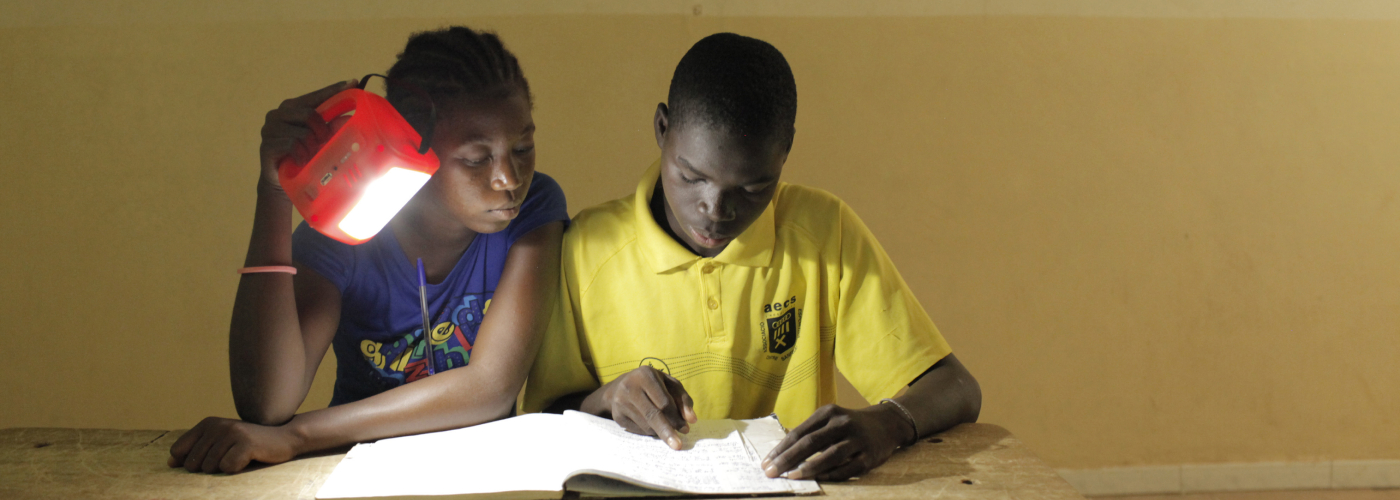This Guide aims at “demystifying” gender mainstreaming and providing practical guidance on how to systematically address gender inequalities specifc to
UNIDO’s energy and climate change interventions.
Gender equality is a goal in its own right, but it is also vital to the achievement of other development goals, such as poverty reduction and environmental sustainability. To ensure that men and women can equally access, participate and bene#t from development projects and that gender inequalities in activities and outcomes are reduced or eliminated, gender differences need to be considered during the entire project cycle—from design and implementation to monitoring and evaluation. While UN Women has a specific mandate to work on empowering women, all United Nations agencies have a responsibility to work with a gender perspective and to understand how and where gender issues are relevant to fulfilling their mandate. By systematically mainstreaming gender into their interventions, UNIDO’s Energy and Climate Change Branch (ECC) can ensure equal opportunities for women and men, thus furthering UNIDO’s inclusive and sustainable industrial development (ISID) agenda and contributing to the achievement of the Millennium Development Goals (MDGs) and the post-2015 development framework, as well as the Sustainable Energy for All (SE4ALL) objectives.







